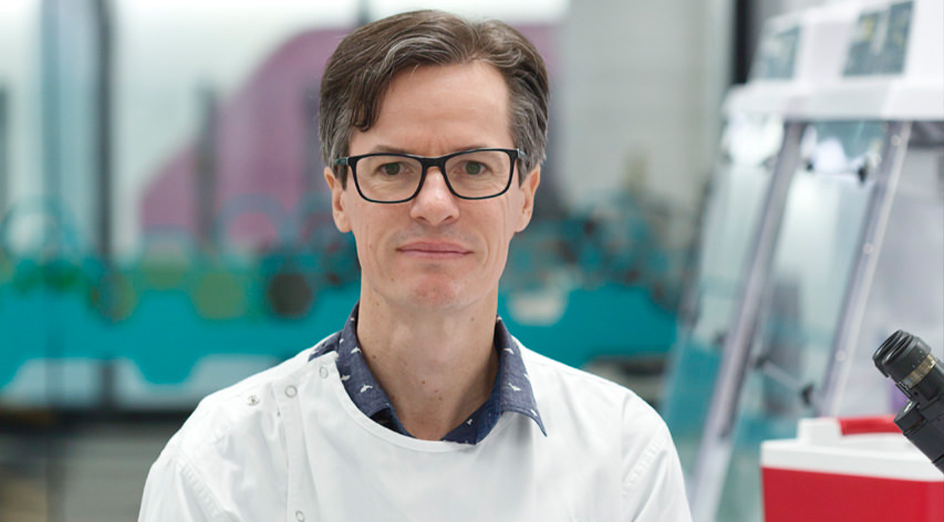A rapid test to detect antibiotic-resistant skin infections in Aboriginal children could be a step closer, thanks to support from the WA Government's Future Health Research and Innovation Fund (FHRIF).
Telethon Kids Institute and The University of Western Australia researcher, Dr Tim Barnett, has been awarded a FHRIF Translation Fellowship to lead a research project to tackle the burden of skin disease in Aboriginal children.
It will aim to develop a rapid point-of-care diagnostic test for antibiotic-resistant Strep A and Staph aureus bacteria, which would fast track accurate treatment.
 Image: Dr Tim Barnett, Telethon Kids Institute and The University of Western Australia researcher.
Image: Dr Tim Barnett, Telethon Kids Institute and The University of Western Australia researcher.
Dr Barnett said untreated skin infections from both Strep A and Staph aureus bacteria cause significant health problems for young Aboriginal people.
"Half of all Aboriginal children suffer from the burden of skin infection, which can lead to severe illness including blood infections and autoimmune diseases like Rheumatic Heart Disease,." he said.
"To combat this, we need to be able to identify resistant infections early for alternative antibiotics to be prescribed."
84 per cent of Aboriginal children are diagnosed with skin sores caused by Strep A and Staph aureus before their first birthday.
Dr Barnett said antimicrobial resistance from regular antibiotic use was common in remote Aboriginal communities but can be well-managed if there is a fast diagnosis.
"To diagnose antimicrobial resistance, the clinician has to take a swab and send the sample to Perth for processing," he said.
"This usually takes up to a week, which is a significant delay in providing effective medication to treat the infection.
"This is a critical time period where treatment could help to prevent some of the serious and potentially life-threatening outcomes of skin infections, like Rheumatic Heart Disease."
Dr Barnett said the support of the FHRIF through the Translation Fellowship will help his team build on existing work to develop a rapid test which could slash the wait time to just one hour.
"During this project, we will take two swabs from children at remote Aboriginal health clinics. One will be tested in the local clinic and the other will go to Perth to confirm the accuracy of the rapid test," he said.
"We are confident based on our existing lab work that these tests will be accurate and effective in determining what type of treatment the child needs."
The project would also include training for an Aboriginal health worker to administer the tests.
Telethon Kids Institute is a global leader in Strep A disease research and prevention, particularly in remote Aboriginal communities.






